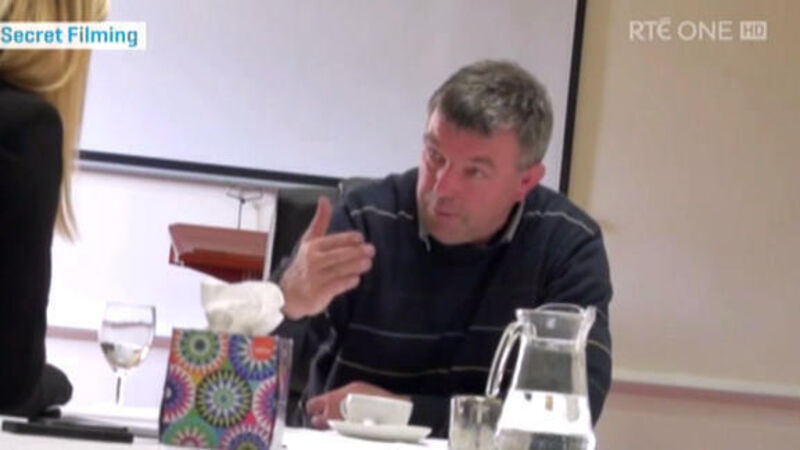'A depressing political week, when we saw serious corruption at a local level in our politics'

At the end of their term of Government it can be said of Fine Gael that there doesn’t appear to be much they have left to learn from Fianna Fáil.
If we were to end up with the two parties coalescing after the General Election it’s unlikely there would be too much effort needed to acclimatise to each other culturally.












